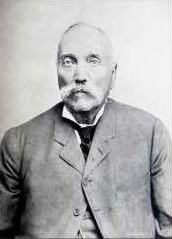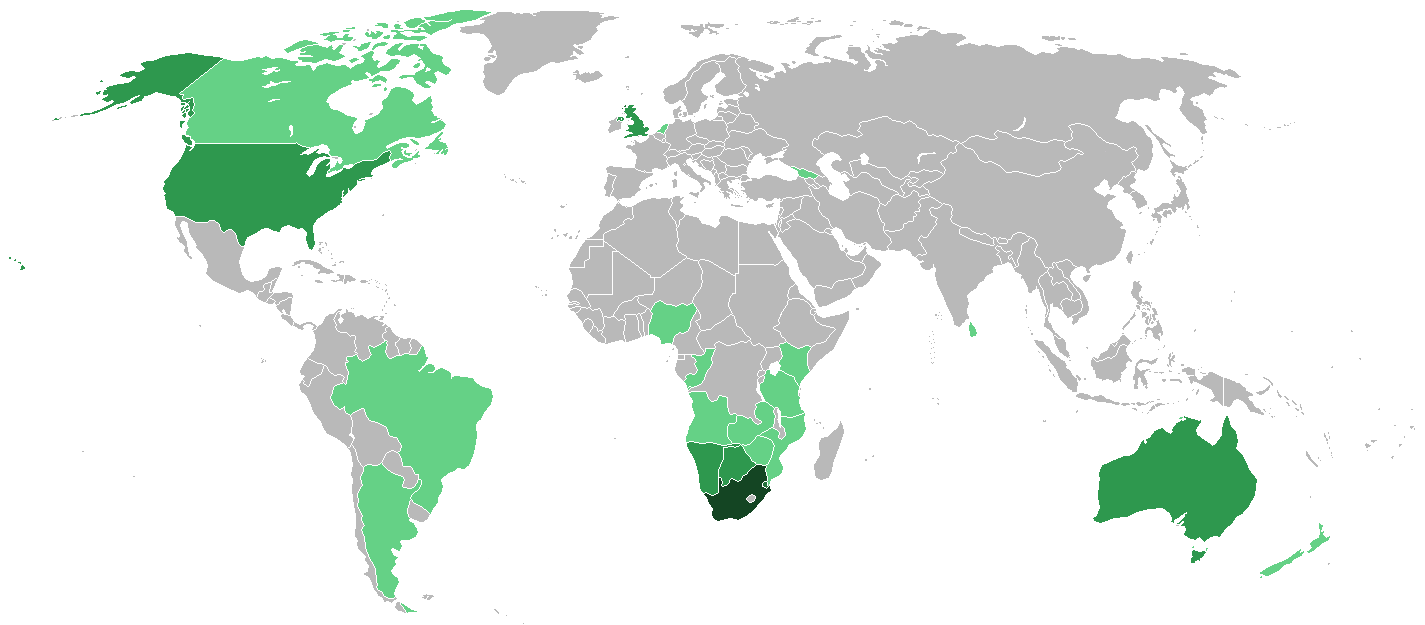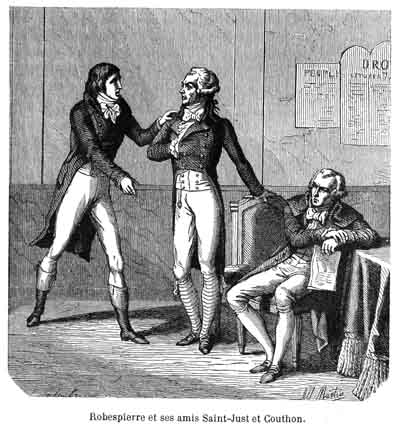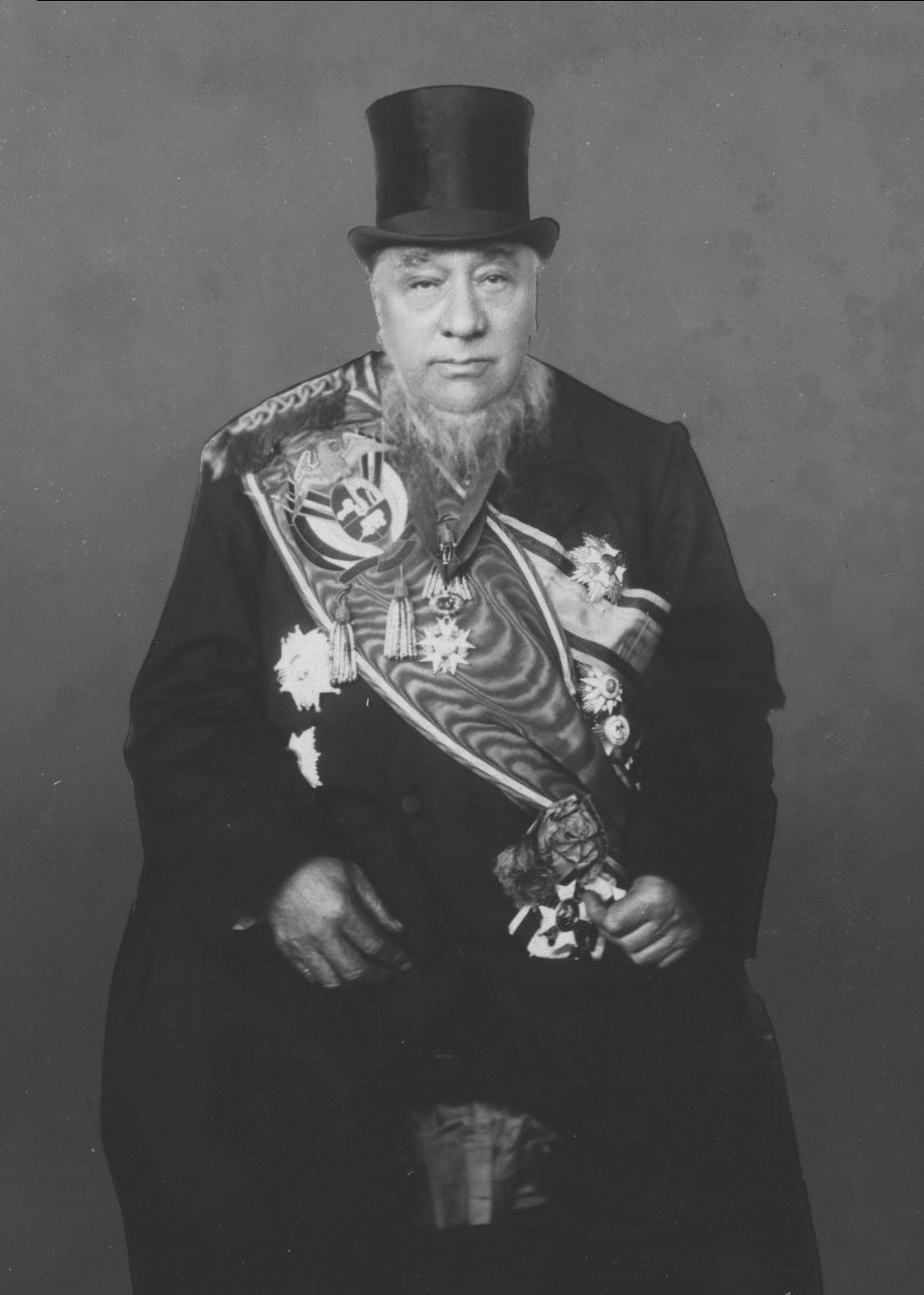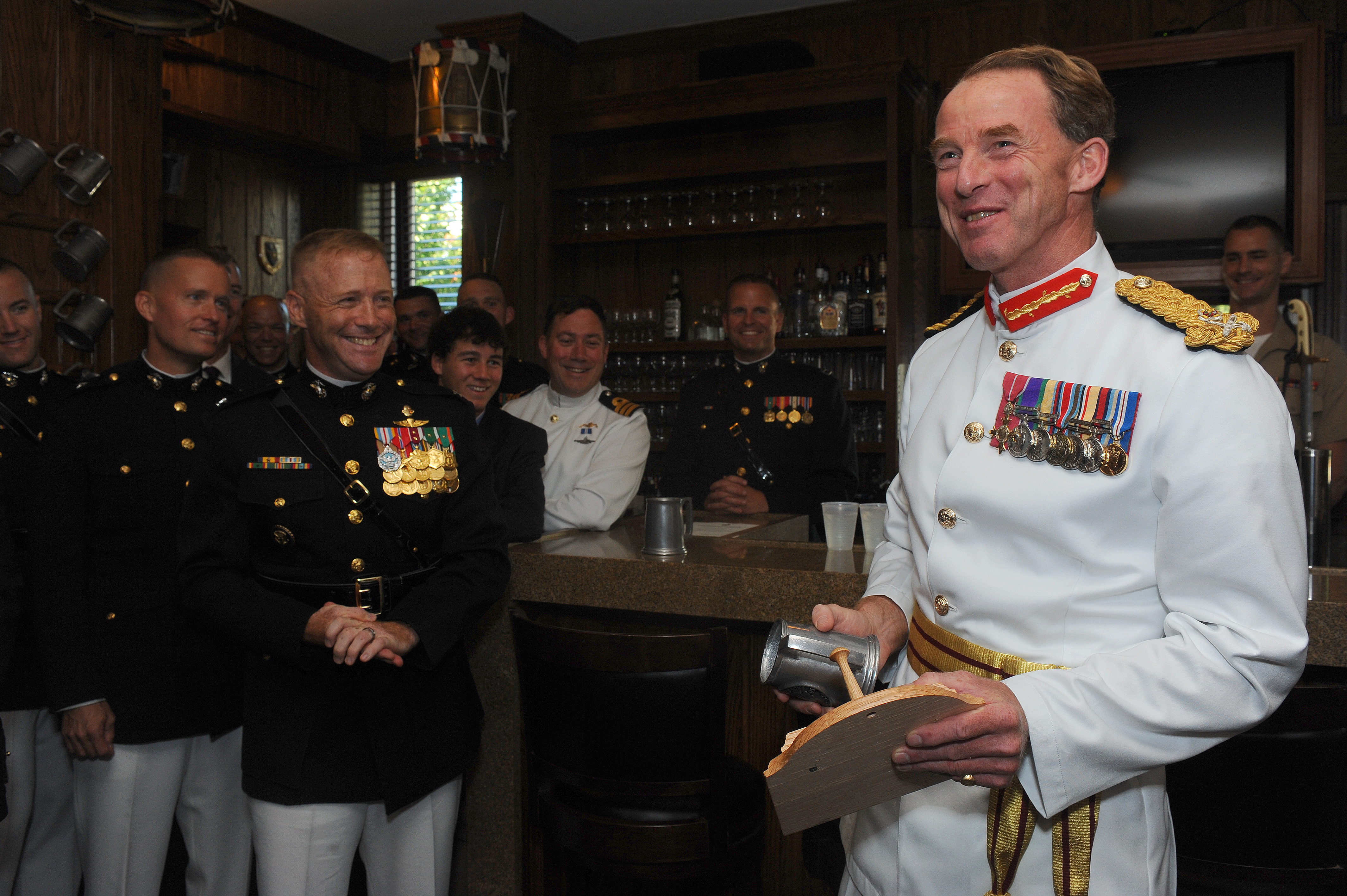|
Paul Kruger
Stephanus Johannes Paulus Kruger (; 10 October 1825 – 14 July 1904), better known as Paul Kruger, was a South African politician. He was one of the dominant political and military figures in 19th-century South Africa, and State President of the South African Republic (or Transvaal) from 1883 to 1900. Nicknamed , he came to international prominence as the face of the Boer cause—that of the Transvaal and its neighbour the Orange Free State—against Britain during the Second Boer War of 1899–1902. He has been called a personification of Afrikanerdom and admirers venerate him as a tragic folk hero. Born near the eastern edge of the Cape Colony, Kruger took part in the Great Trek as a child during the late 1830s. He had almost no education apart from the Bible. A protégé of the Voortrekker leader Andries Pretorius, he witnessed the signing of the Sand River Convention with Britain in 1852 and over the next decade played a prominent role in the forging of the South ... [...More Info...] [...Related Items...] OR: [Wikipedia] [Google] [Baidu] |
President Of The South African Republic
The state president of the South African Republic had the Executive (government), executive authority in the South African Republic. According to the constitution of 1871, executive power was vested in the president, who was responsible to the Volksraad (South African Republic), Volksraad. The president was elected for a term of five years and was eligible for re-election. The president had to be Burgher (Boer republics), Burgher and also qualified to vote for the Volksraad (South African Republic), First Volksraad elections, over 30 years old, a member of a Protestant church, and never convicted of a dishonourable offence. The title before 1866 was and after 1866 ). The country was referred to as the ''Transvaal Republic'' by the British Empire, British. List of officeholders Timeline Last election See also * State President of the Orange Free State * State Secretary of the South African Republic * State Attorney of the Transvaal, State Attorney of the South African ... [...More Info...] [...Related Items...] OR: [Wikipedia] [Google] [Baidu] |
Afrikaner
Afrikaners () are a Southern African ethnic group descended from predominantly Dutch settlers who first arrived at the Cape of Good Hope in 1652.Entry: Cape Colony. ''Encyclopædia Britannica Volume 4 Part 2: Brain to Casting''. Encyclopædia Britannica, Inc. 1933. James Louis Garvin, editor. Until 1994, they dominated South Africa's politics as well as the country's commercial agricultural sector. Afrikaans, a language which evolved from the Dutch dialect of South Holland, is the mother tongue of Afrikaners and most Cape Coloureds. According to the South African National Census of 2022, 10.6% of South Africans claimed to speak Afrikaans as a first language at home, making it the country's third-largest home language after Zulu and Xhosa. The arrival of Portuguese explorer Vasco da Gama at Calicut, India, in 1498 opened a gateway of free access to Asia from Western Europe around the Cape of Good Hope. This access necessitated the founding and safeguarding of tra ... [...More Info...] [...Related Items...] OR: [Wikipedia] [Google] [Baidu] |
Burgher (Boer Republics)
In the Boer Republics of 19th century South Africa, a burgher was a fully enfranchised citizen. Burgher rights were restricted to white men, in particular Boers. Terminology and origins Historically Burgher refers to a non-slave or serf citizen of a town or city, typically a member of the wealth bourgeoisie. (See also Burgher (title)). In South Africa, the word has its origins from the term free burghers. After the establishment of the settlement at the Cape by the Dutch East India Company (VOC) several servants were issued with free papers in 1657 relieving them from their service to the Company. These people were referred to as the Free Burghers. Free burgher status included privileges such as land ownership and making use of the land to farm and supply produce to the Company usually at fixed rates. The free burghers who settled permanently in the Cape area brought about the inception of the Boers who migrated further into the interior of South Africa. Several expansio ... [...More Info...] [...Related Items...] OR: [Wikipedia] [Google] [Baidu] |
Uitlander
An uitlander, Afrikaans for "foreigner" (), was a foreign (mainly British) migrant worker during the Witwatersrand Gold Rush in the independent Transvaal Republic following the discovery of gold in 1886. The limited rights granted to this group in the independent Boer Republics was one of the contributing factors behind the Second Boer War. Second Boer War The vast Witwatersrand gold fields were discovered in 1886, and within ten years the uitlander (English) population of the Transvaal was thought to be double that of the ethnic Boer Transvaalers. These workers were primarily concentrated around the Johannesburg area. The Transvaal government, under President Paul Kruger, were concerned as to the effect this large influx could have on the independence of the Transvaal. The uitlanders were almost entirely British subjects. Therefore enfranchising the uitlanders, at a time when the Crown was keen to consolidate its colonial hold in South Africa, risked creating a powerful fi ... [...More Info...] [...Related Items...] OR: [Wikipedia] [Google] [Baidu] |
Witwatersrand Gold Rush
The Witwatersrand Gold Rush was a gold rush that began in 1886 and led to the establishment of Johannesburg, South Africa. It was a part of the Mineral Revolution. Origins In the modern-day province of Mpumalanga, gold miners in the alluvial mines of Barberton and Pilgrim's Rest and local tribes had suspected the existence of gold deposits. In 1886, gold was found in the Witwatersrand region. Scientific studies show that the "Golden Arc", which stretches from Johannesburg to Welkom, used to be a massive inland lake, and silt and gold deposits from alluvial gold settled in the area that formed the found gold. Discovery The first discovery of gold in the region was made in 1852 on the Pardekraal farm, Krugersdorp, in the South African Republic (ZAR) by John Henry Davis, a Welsh mineralogist. Davis presented his gold find to President Andries Pretorius who feared what would happen to the new republic if the discovery became widely known. Davis was told to sell the gold, wort ... [...More Info...] [...Related Items...] OR: [Wikipedia] [Google] [Baidu] |
London Convention (1884)
The London Convention was a treaty negotiated in 1884 between Great Britain, as the paramount power in South Africa, and the South African Republic. The London Convention superseded the 1881 Pretoria Convention. Historical background The treaty governed the relations between the ZAR and Britain following the retrocession of the South African Republic in the aftermath of the First Boer War. Delegates The South African Republic was represented by the following delegates: * President Paul Kruger * General Nicolaas Smit * Rev. Stephanus Jacobus du Toit * Jonkheer Gerard Jacob Theodoor Beelaerts van Blokland, a Dutch legal advisor to the South African Republic * Ewald Auguste Esselen, as secretary to the Boer delegation Content of the convention The convention incorporated the bulk of the earlier Pretoria Convention, but with two major differences. Name of the country Following the Pretoria Convention, the name of the South African Republic had been changed to the Transvaal ... [...More Info...] [...Related Items...] OR: [Wikipedia] [Google] [Baidu] |
1883 Transvaal Presidential Election
Presidential elections were held in the South African Republic on 16 April 1883.Paul Kruger is elected President South African History Online The election was held after the country's leadership, consisting of , and Marthinus Wessel Pretorius
[...More Info...] [...Related Items...] OR: [Wikipedia] [Google] [Baidu] |
Triumvirate
A triumvirate () or a triarchy is a political institution ruled or dominated by three individuals, known as triumvirs (). The arrangement can be formal or informal. Though the three leaders in a triumvirate are notionally equal, the actual distribution of power may vary. The term can also be used to describe a state with three different military leaders who all claim to be the sole leader. Informally, the term "triumvirate" may be used for any association of three. Under the influence of the Soviet Union, the term troika (Russian: for "group of three") may be used for "triumvirate". Pre-modern triumvirates Biblical In the Bible, triumvirates occurred at some notable events in both the Hebrew Bible (Old Testament) and New Testament. In the Book of Exodus, Moses, his brother Aaron and their nephew or brother-in-law, Hur, acted this way during the Battle of Refidim against the Amalekites. Later in Exodus 24, when Moses was away on Mount Sinai, Aaron and Hur were left in ch ... [...More Info...] [...Related Items...] OR: [Wikipedia] [Google] [Baidu] |
First Boer War
The First Boer War (, ), was fought from 16 December 1880 until 23 March 1881 between the United Kingdom of Great Britain and Ireland, United Kingdom and Boers of the Transvaal (as the South African Republic was known while under British administration). The war resulted in a Boer victory and eventual independence of the South African Republic. The war is also known as the ''First Anglo–Boer War'', the ''Transvaal War'' or the ''Transvaal Rebellion.'' Background In the 19th century, Britain at some times attempted to set up a single unified state in southern Africa, and at other times wanted to control less territory. The British Empire's expansion in South Africa was accelerated due to the desire to control trade routes between British Raj, India via the Cape of Good Hope, the discovery of diamonds in Kimberley, Northern Cape, Kimberley in 1867, and the Scramble for Africa, race against other European powers to control as much of Africa as possible. The British annexati ... [...More Info...] [...Related Items...] OR: [Wikipedia] [Google] [Baidu] |
Vice State President Of The South African Republic
The Vice State President of the South African Republic () was the second highest political position in the South African Republic. The vice president was chosen by the Volksraad among the members of the Executive Council (''Uitvoerende Raad''). The vice president was to act if the State President of the South African Republic was indisposed in case of mental or bodily disability, or was outside of the country. The vice president was constitutional successor of the president. The position was first established in March 1877 before the British annexation in April 1877. List of officeholders Timeline Notes References {{Deputy heads of state and government of Africa * South African Republic politicians Political office-holders in South Africa South African Republic The South African Republic (, abbreviated ZAR; ), also known as the Transvaal Republic, was an independent Boer republics, Boer republic in Southern Africa which existed from 1852 to 1902, when it was a ... [...More Info...] [...Related Items...] OR: [Wikipedia] [Google] [Baidu] |
Commandant-General
Commandant-general is a military rank in several countries and is generally equivalent to that of major-general. Argentina Commandant general is the highest rank in the Argentine National Gendarmerie, and is held by the national director of the gendarmerie and his senior deputies. Depending on the appointment, it may be equal to any Argentine army rank from brigade general to the highest Argentine army rank, lieutenant general. Ireland During the Irish Civil War of 1922–23, the Irregulars, or anti-Treaty IRA, applied this term to the leaders of their various brigades throughout the country. The term was acquired from the Boer ranks, through veterans of the Irish Transvaal Brigade. Italy In Italy ''Comandante generale'' (commandant general) is the title of the general officers commanding the ''Carabinieri'', the '' Guardia di Finanza'' and the '' Corps of the Port Captaincies – Coast Guard''. It is an appointment, not a rank. In Fascist Italy's Blackshirts, ''comandante g ... [...More Info...] [...Related Items...] OR: [Wikipedia] [Google] [Baidu] |

